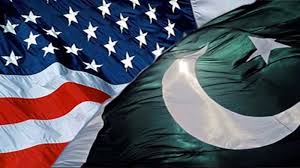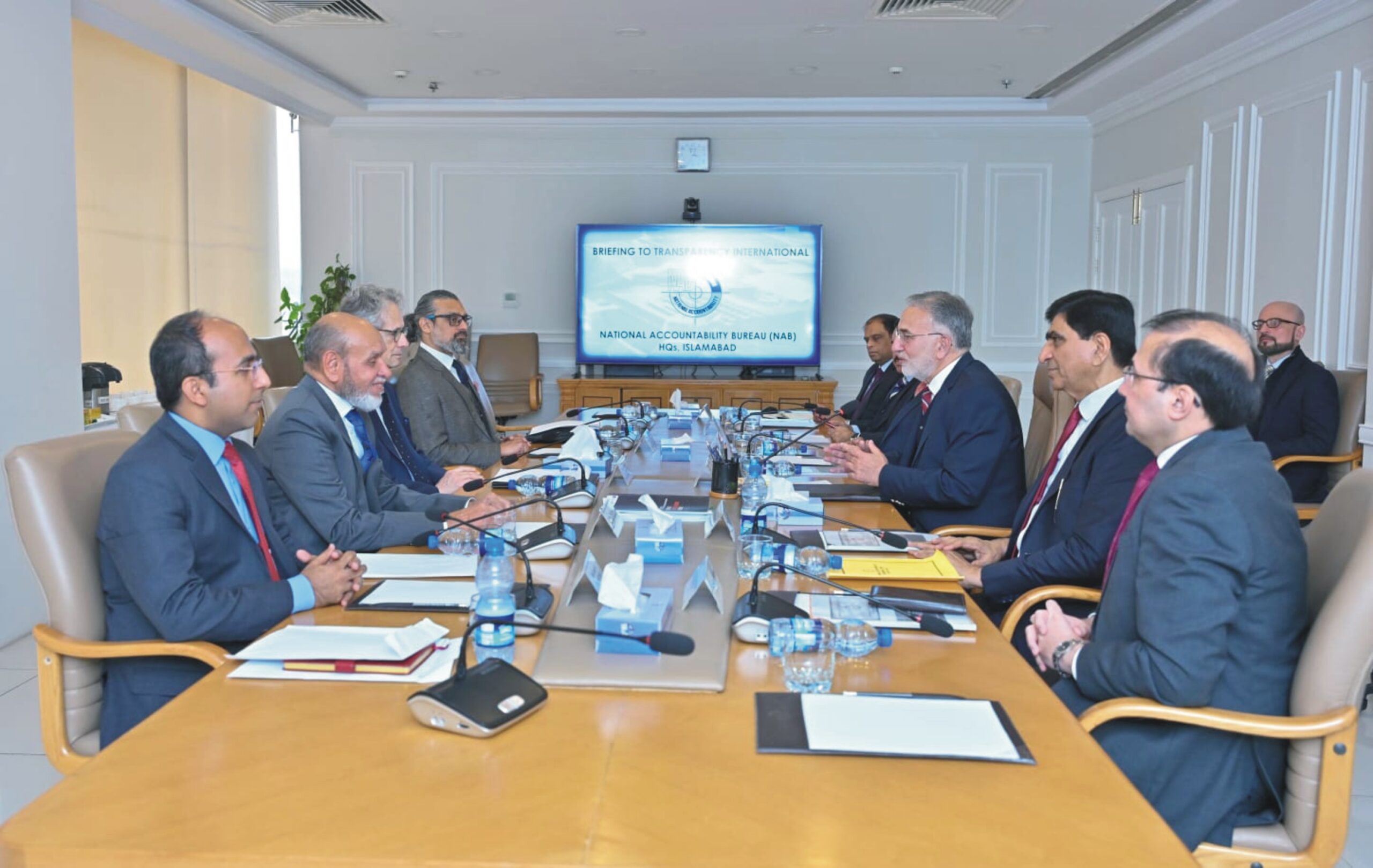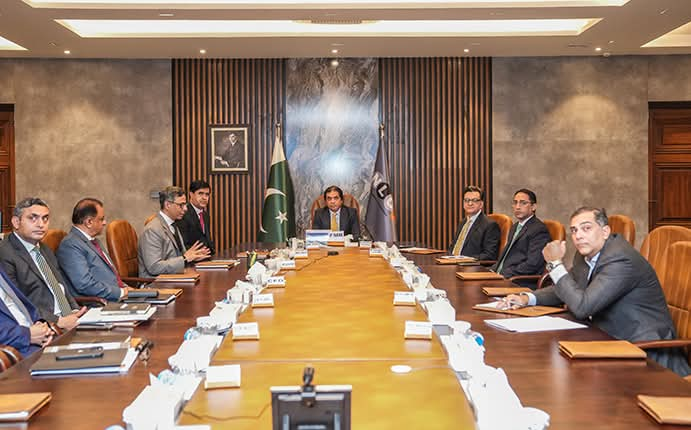
Hamna Obaid
As Pakistan and the United States look to the future, their bilateral relationship stands at a critical juncture, shaped by an evolving geopolitical landscape and domestic challenges. With the rise of China as an emerging super power and a close ally of Pakistan, the dynamics of Pak-US relations demand a strategic recalibration. This relationship, historically rooted in security concerns, must now adapt to a broader spectrum of economic, diplomatic, and regional factors. Considering contemporary situation, the most rational approach for Pakistan is to maintain its strategic relationship with China as well as maintaining good relations with the US.
The US withdrawal from Afghanistan has been a significant turning point, ending a chapter of intense military cooperation but opening up new avenues for collaboration. The immediate priority for both nations remains ensuring regional stability and preventing the resurgence of extremist groups. This shared interest in security provides a strong foundation for future engagements.
However, the overarching context is the US-China rivalry. Pakistan’s strategic partnership with China, exemplified by the China-Pakistan Economic Corridor (CPEC), has brought substantial investments and infrastructural development to Pakistan. For the US, counterbalancing China’s influence without alienating Pakistan is a delicate task. The US can offer competitive economic incentives and technological partnerships to provide Pakistan with alternatives, thereby fostering a more balanced geopolitical stance.
Economic cooperation is a promising area for strengthening Pak-US ties particularly considering Pakistan’s economic crisis. Recent high-level dialogues have highlighted mutual interests in trade, energy, and education. The US can enhance its economic footprint in Pakistan by investing in sectors such as technology, renewable energy, and higher education. This approach not only addresses Pakistan’s developmental needs but also aligns with US strategic interests by providing an alternative to Chinese investments.
For instance, initiatives like the US-Pakistan Knowledge Corridor aims to enhance educational exchanges and research collaborations, fostering goodwill and capacity building between HEC and universities of USA. Similarly, supporting Pakistan’s renewable energy projects can help mitigate climate change impacts while reducing Pakistan’s energy dependence on any single country.
Diplomatic engagements are crucial for managing the complexities of Pak-US relations. Regular high-level dialogues and people-to-people exchanges can build trust and understanding. Moreover, multilateral platforms offer opportunities for collaboration on global issues such as climate change, health, and counterterrorism. By engaging Pakistan in these forums, the US can encourage a more balanced foreign policy stance from Islamabad. In 2023, US and Pakistan held the first ministerial discussions in 7 years under the US-Pakistan Trade and Investment Framework (TIFA), the primary mechanism for overcoming barriers to bilateral trade and enhancing commercial relationships.
Pakistan’s internal economic and political stability is vital for any sustained bilateral relationship. The US can play a supportive role by providing development aid, facilitating trade access, and encouraging governance reforms. Such efforts can help Pakistan navigate its economic crises and political instability, creating a more conducive environment for bilateral and multilateral cooperation. Challenges to February 2024 elections are still unresolved and in such situation, cooperation is the way-out.
The future of Pak-US relations hinges on a pragmatic approach that recognizes the complexities of the current geopolitical environment. By focusing on diversified cooperation in economic, security, and diplomatic domains, both countries can build a resilient and balanced relationship and can revitalize their ties. The strategic competition with China presents challenges, but it also offers opportunities for the US to engage Pakistan more constructively and comprehensively. As both nations navigate this intricate landscape, a relationship rooted in mutual respect and shared interests will be essential for fostering regional stability and global cooperation.
Writer is student of BS IR at FJW







